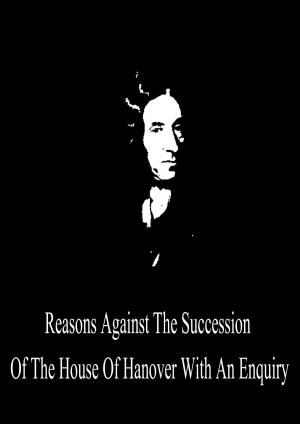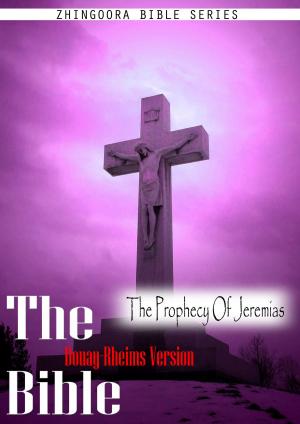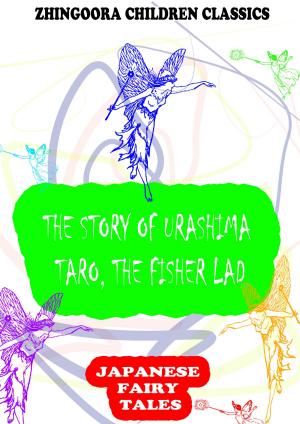The Lun Yu, Or Sayings Of Confucius [Christmas Summary Classics]
Nonfiction, Reference & Language, Reference| Author: | Confucianism | ISBN: | 1230000036248 |
| Publisher: | Zhingoora Books | Publication: | December 3, 2012 |
| Imprint: | Language: | English |
| Author: | Confucianism |
| ISBN: | 1230000036248 |
| Publisher: | Zhingoora Books |
| Publication: | December 3, 2012 |
| Imprint: | |
| Language: | English |
Christmas Summary Classics
This series contains summary of Classic books such as Emma, Arne, Arabian Nights, Pride and prejudice, Tower of London, Wealth of Nations etc. Each book is specially crafted after reading complete book in less than 30 pages. One who wants to get joy of book reading especially in very less time can go for it.
CONFUCIANISM
The Lun Yu, or Sayings of Confucius
The so-called "Four Books" of Chinese literature are held in less esteem than the "Five Kings," or "Primary Classics," but they are still studied first by every Chinaman as a preparation for what is regarded as the higher and more important literature. It should be borne in mind that the four "Shus," as these books are called, tell us much more about the actual teaching and history of Confucius. The four books are: (i) The "Lun Yu," or the "Analects of Confucius," which contain chiefly the sayings and conversations of Confucius, and give, ostensibly in his own words, his teaching, and, in a subordinate degree, that of his principal disciples; (2) the "Ta-Hsio," or "Teaching for Adults," rendered also the "Great Learning," a treatise dealing with ethical and especially with political matters, forming Book 39 of the "Li-Ki," or "Book of Rites," the "Fourth Classic," (3) the "Chung Yung," or "Doctrine of the Mean," more correctly the State of Equilibrium or harmony, forming Book 28 of the "Li-Ki"; and (4) "Meng-tse," Latinised "Mencius," that is, the conversations and opinions of Mencius. The first, the "Lun Yu," or "Analects," is the most important of these, the next in importance being the teaching of Mencius. The book to which we are most indebted in the preparation of the following epitomes is "The Chinese Classics," edited by Dr. J. Legge. Other books are "The Sayings of Confucius," translated by S.A. Lyall; "Chinese Literature," by H.A. Giles; and "The Wisdom of Confucius," by G. Dimsdale Stacker.
Christmas Summary Classics
This series contains summary of Classic books such as Emma, Arne, Arabian Nights, Pride and prejudice, Tower of London, Wealth of Nations etc. Each book is specially crafted after reading complete book in less than 30 pages. One who wants to get joy of book reading especially in very less time can go for it.
CONFUCIANISM
The Lun Yu, or Sayings of Confucius
The so-called "Four Books" of Chinese literature are held in less esteem than the "Five Kings," or "Primary Classics," but they are still studied first by every Chinaman as a preparation for what is regarded as the higher and more important literature. It should be borne in mind that the four "Shus," as these books are called, tell us much more about the actual teaching and history of Confucius. The four books are: (i) The "Lun Yu," or the "Analects of Confucius," which contain chiefly the sayings and conversations of Confucius, and give, ostensibly in his own words, his teaching, and, in a subordinate degree, that of his principal disciples; (2) the "Ta-Hsio," or "Teaching for Adults," rendered also the "Great Learning," a treatise dealing with ethical and especially with political matters, forming Book 39 of the "Li-Ki," or "Book of Rites," the "Fourth Classic," (3) the "Chung Yung," or "Doctrine of the Mean," more correctly the State of Equilibrium or harmony, forming Book 28 of the "Li-Ki"; and (4) "Meng-tse," Latinised "Mencius," that is, the conversations and opinions of Mencius. The first, the "Lun Yu," or "Analects," is the most important of these, the next in importance being the teaching of Mencius. The book to which we are most indebted in the preparation of the following epitomes is "The Chinese Classics," edited by Dr. J. Legge. Other books are "The Sayings of Confucius," translated by S.A. Lyall; "Chinese Literature," by H.A. Giles; and "The Wisdom of Confucius," by G. Dimsdale Stacker.
![Cover of the book The Lun Yu, Or Sayings Of Confucius [Christmas Summary Classics] by Confucianism, Zhingoora Books](https://www.kuoky.com/images/2012/december/500x500/1230000036248-lsi8_500x.jpg)
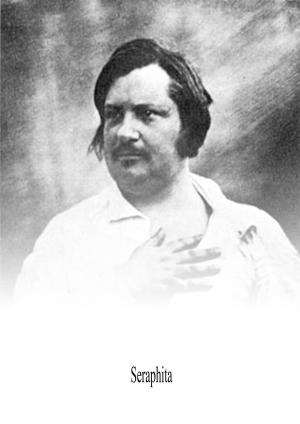
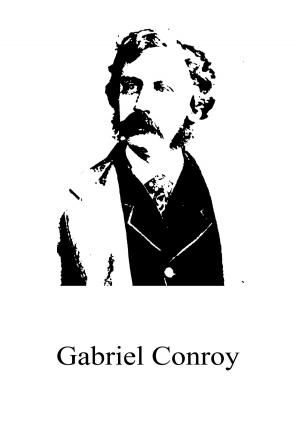

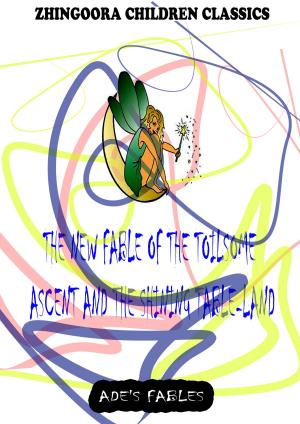
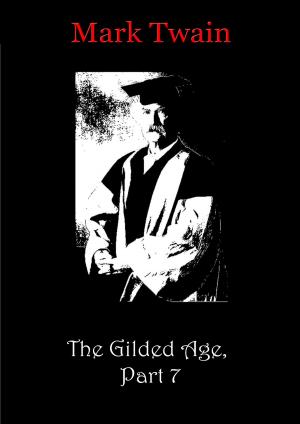
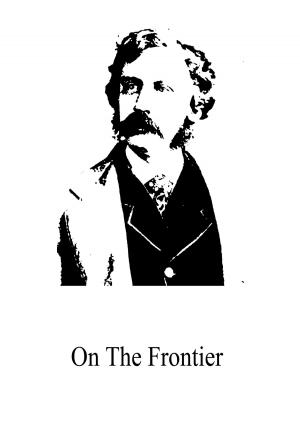
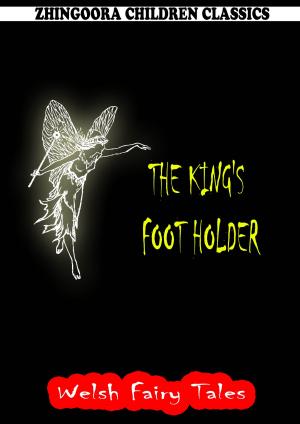
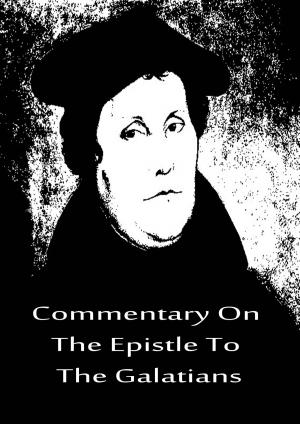
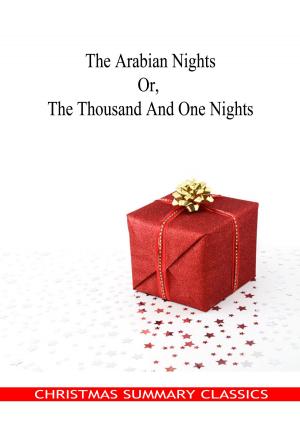
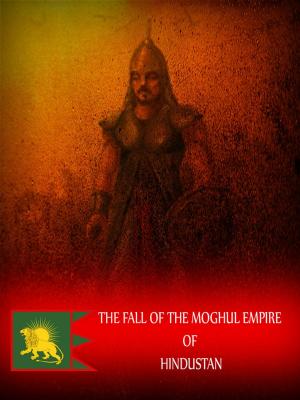
![Cover of the book The Vedanta Sutras [Christmas Summary Classics] by Confucianism](https://www.kuoky.com/images/2012/december/300x300/1230000036247-to9u_300x.jpg)
